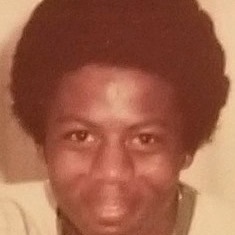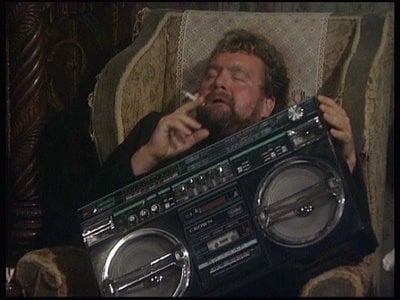In 2017, after a white nationalist rally in Charlottesville, Virginia, turned violent, a Texas man put out a press release: “TODAY CHARLOTTESVILLE TOMORROW TEXAS A&M.” Alt-right speaker Richard Spencer signed on to speak at the rally in College Station, before the university cancelled it, citing safety concerns.
This decision came at a time when universities, in Texas and nationally, were facing significant blowback for restricting or cancelling appearances by conservative speakers, fueling a narrative that right-leaning voices were being unfairly silenced.
This outrage made its way to the Texas Legislature, which in 2019 passed a bill requiring that all outdoor spaces on university campuses be designated as open forums for public speech, and prohibiting universities from considering anticipated controversy when deciding whether to allow a speaker on campus.
…
When protests broke out on college campuses nationwide over the war in Gaza in 2024, the president of the University of Texas at Austin called in the state police to quell the largest protests, drawing praise from Republican state leaders.
In response, lawmakers rolled back some of the protections enshrined in 2019. A new law, approved by the Legislature and signed by Abbott in June, restricts who can protest on campus and when, barring the use of amplification devices during class hours or expressive activity at night or at the end of the semester.
FIRE sued over the new law earlier this month, saying it’s overly broad and would have unintended consequences. It could be used to punish students for doing things like playing music, worshipping, wearing a Make America Great Again Hat or writing an op-ed during the nighttime hours, FIRE said in statements.
“It’s human nature to say, I don’t like this speech, let’s find a way to stop it,” Steinbaugh said. “That is why the First Amendment is such an important limitation on government power, because it recognizes … if each of us gets to say, ‘you don’t get to speak,’ then pretty much no speech will be saved.”
@UnderpantsWeevil “claimed” or “stated” commitment…
He was, in fact, wholly against all free speech.
All he championed and was wholly committed to was hate speech.
You’re not for free speech if you don’t fight to protect your opponent’s ability to speak.
Unless of course your opponent is a fascist spreading disinformation and strangling the very possibility of speech being free.

There are two parts to that. The second is the real problem. Hate speech and disinformation don’t do well in a truly open forum. So the danger isn’t freedom of speech for everyone, it’s the appearance of it while suppressing certain viewpoints or creating echo chambers. It took a number of years to get to this point…
If theres anything the last 15 years of politics around the world should show us, its that hate speech and disinformation do very well in an open forum
Interesting to hear talk about an open forum in the past decade or so on a discussion infrastructure that grew in size over the past few years due to oppression from dominant forums of the past. The debate over if censoring the “bad” speech stifles it or lets it fester hidden is an ongoing one that’s been around a long time.
Where did we land on antisemitism on campus? Didn’t people get fired for saying it was free speech as long as it didn’t become harassment or violent? Why was Kirk allowed on campuses with impunity?
Or was that only disallowed when they wanted to crush pro-palestine protests?
Why was Kirk allowed on campuses with impunity?
Because he was an employee of an organization aligned with the state governments that admitted him.
Free for me, fuck you
Only right-speach is free.
The only free speech they support is freedom for fascists to spout the party line.


:focal(0x0:3600x2394)/static.texastribune.org/media/files/670131b1a3f8d89ec79d19a52a9d2e36/0815%20Screw%20Worm%20Presser%20RB%2002.JPG)






